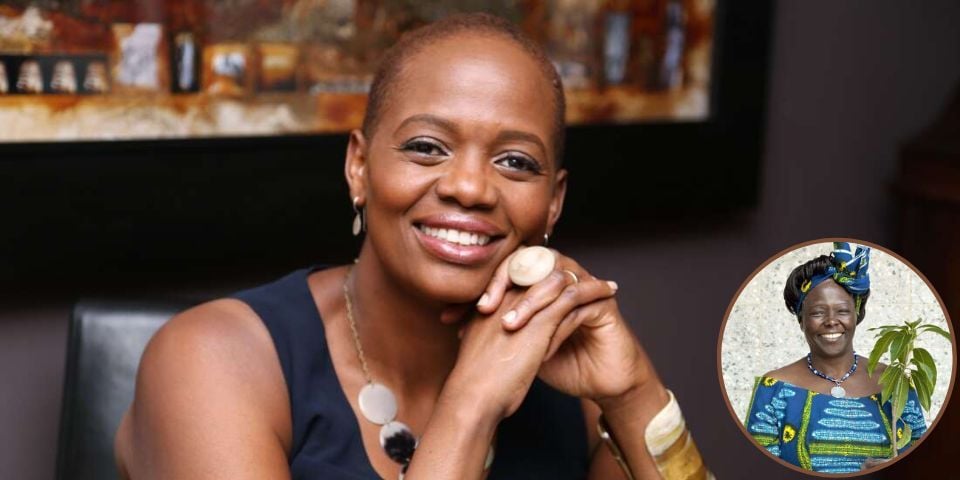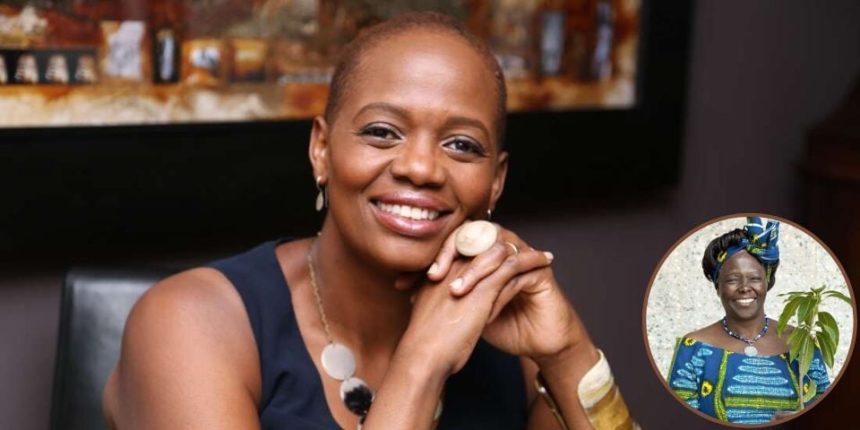Wanjira Maathai, daughter of Nobel Peace Prize laureate Wangari Maathai, will spearhead a new restoration project in the country and region after the World Resources Institute (WRI), where she is the managing director of Africa and Global Partnerships, won US$100 million (about Sh13.5 billion).
This comes after TED, a non-profit organisation that aims to create a future worth pursuing for all through the Audacious Project launched in 2018, announced during TED2023 in Vancouver, Canada, that WRI’s Restore Local project has won US$100 million over four years to accelerate locally-led land restoration in three African landscapes, namely the Lake Kivu and Rusizi River Basin, Ghana’s Cocoa Belt and Kenya’s Greater Rift Valley.
“I am honoured that Restore Local has been selected for catalytic funding through The Audacious Project, which is a clear signal of confidence in locally-led action,” said Ms Maathai.

According to Ms Maathai, WRI aims to change this by accelerating the AFR100 movement, an initiative to restore 100 million hectares of degraded land in Africa by 2030.
“But the millions of smallholder farmers who will drive this movement need the support of governments, development banks, investors, NGOs and others to fully engage in restoration and reap its benefits,” Ms Maathai stressed, recalling that creating a continental restoration movement requires capacity building, more funding, supportive policies and monitoring progress.
Ms Maathai’s mother, Prof Wangari Maathai, was the founder of the Green Belt Movement, which encouraged the planting of trees in local environments. It was responsible for more than 30 million trees being planted in Africa.
She won the Nobel Peace Prize in 2004 for her contribution to sustainable development, democracy and peace.



